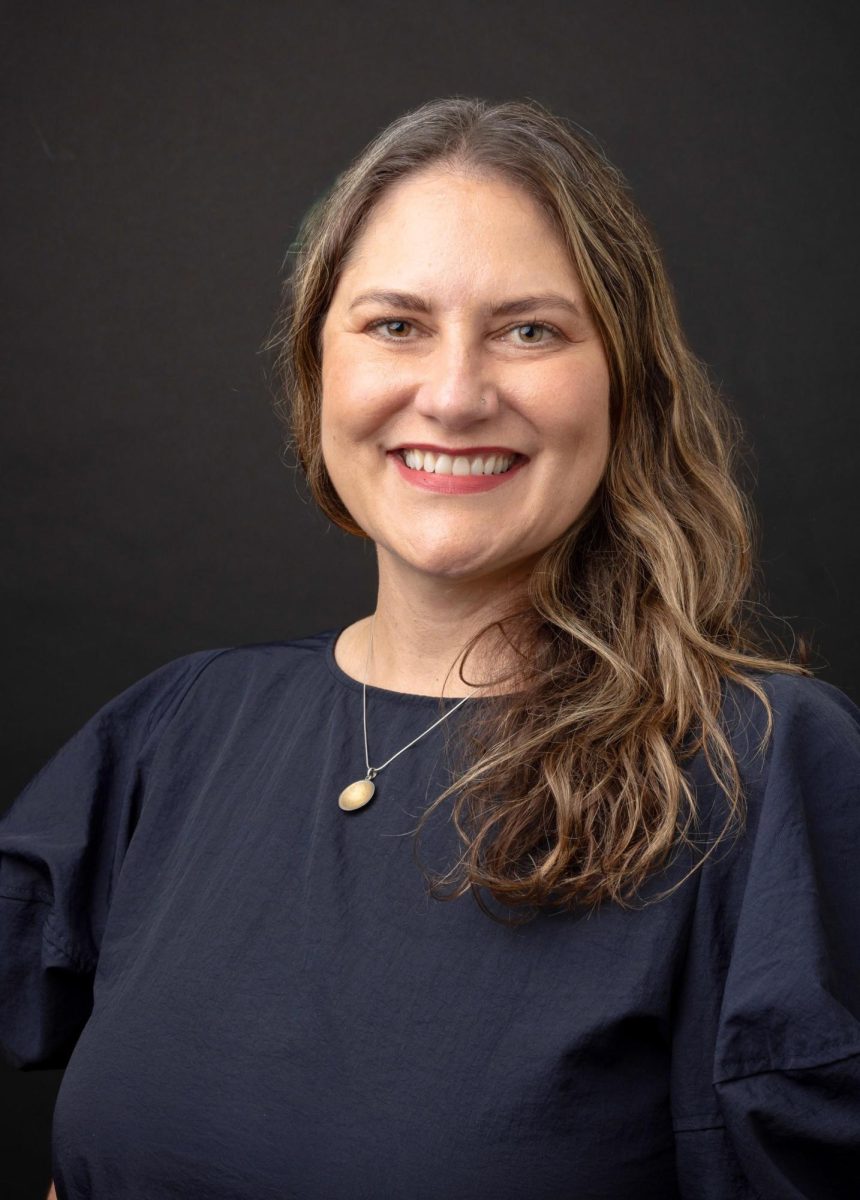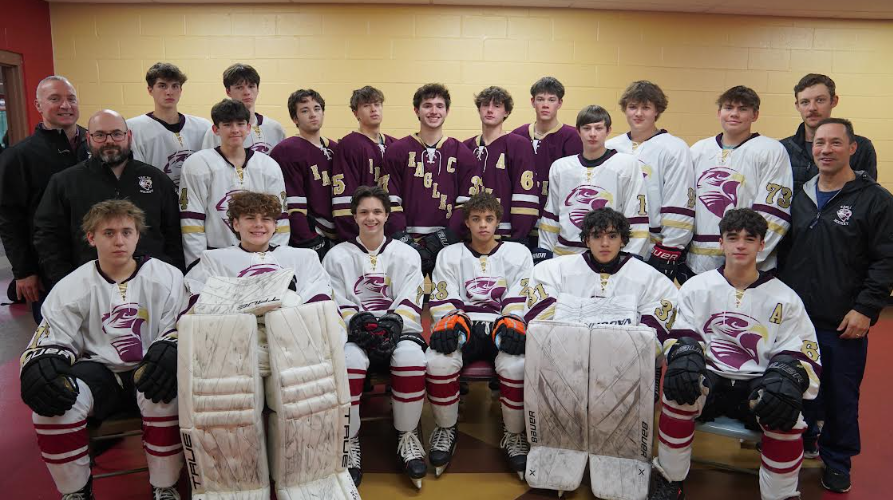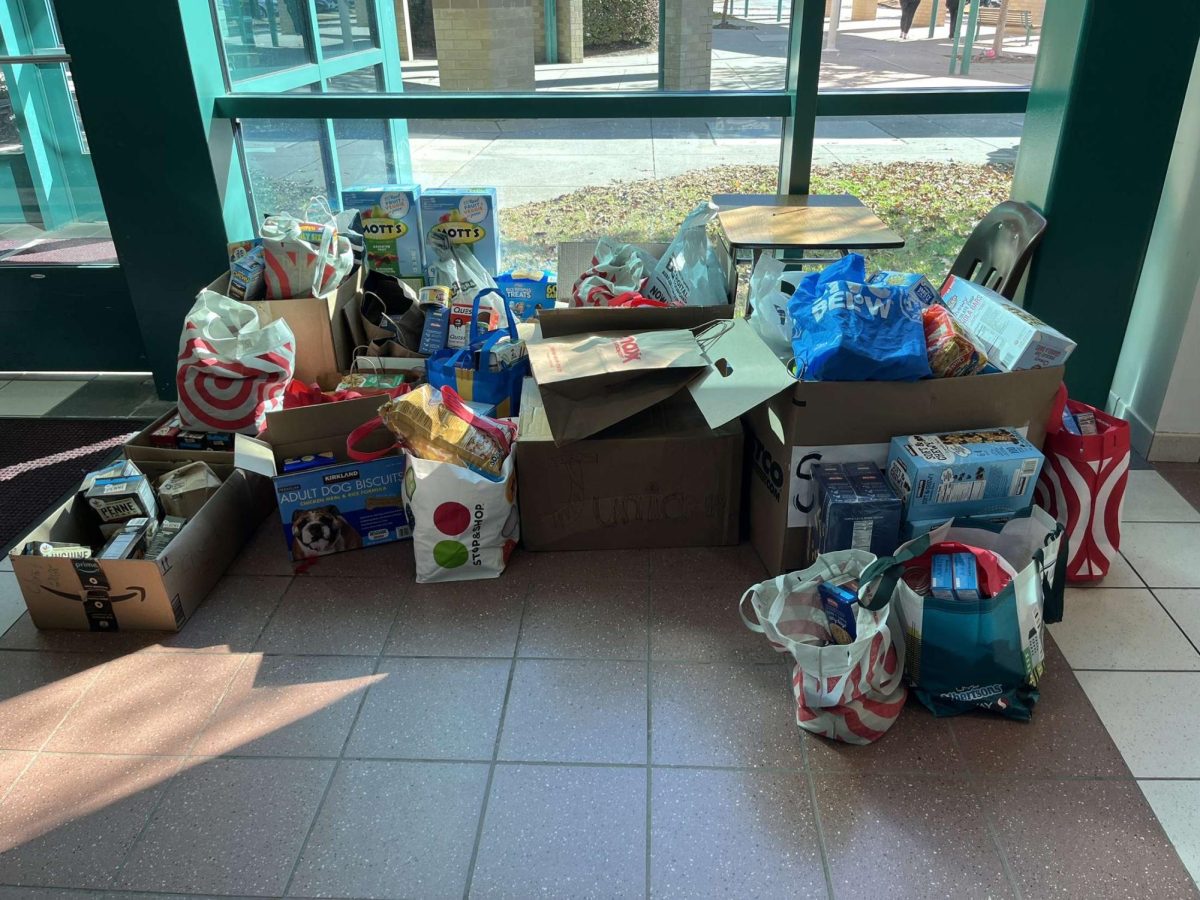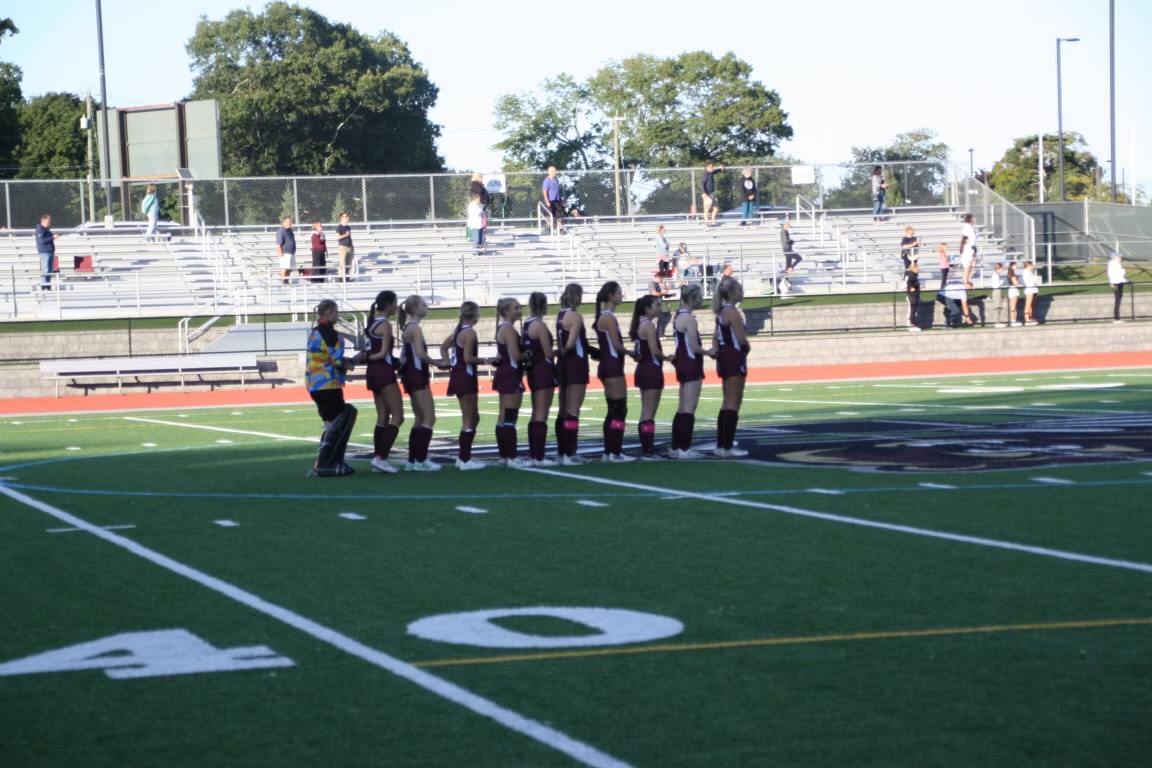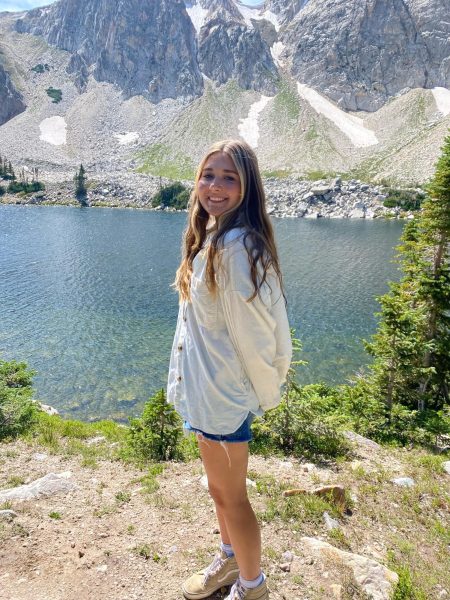Viking Saga: What does your average day look like on a day with classes or meetings?
Belinda Walzer: Every semester is totally different, [but] I’ll give you an average day this semester, which was pretty light. Tuesday was my long day, I taught [from] 11-12 to and 5-7:30 p.m. My office hours were 10-11 to field questions or answer and zoom call if I needed too. Usually nine to ten was emails, research or ADMIN [meetings and projects]. Depending on what was coming, I prepped for the particular class I was teaching; for that one to two hours I would be thinking carefully about how I’m scaffolding (texts and lessons), re-reading texts I’ve assigned so it’s super fresh, … Then lunch or meeting with students, I would often have meetings. [Right now], I’m editing a collection, so I would meet with my co-editors. I’m on two or three different committees so I would have committee meetings or coffee with colleagues to talk about projects. I have collaborative projects with colleagues from Florida and UMass Amherst, [so I would meet with them]…I could be frantically reading for a class that evening… I protect my afternoon to prepare for [my evening] class. The flexibility and the autonomy that you have is so nice, but the irony is that you work so much more than in a 9-5… There’s always something to do…I would say we’re never off… if you want a real break you have to be very intentional about it.
VS: What is the best part of working as a professor?
BW: The autonomy, it’s good and bad, [and] a little bit of a myth. People will say, no you can’t do that, and you get really mad. The ability to cultivate my own interests – my job isn’t a super research heavy position. I out-perform the requirements for research… by double. I can do that in ways that I want to. I can pursue it in the way I want to, in some places they require you to publish in the top journals, and they’re usually very conservative, whether it’s science or humanities.
VS: What hardships have you encountered?
BW: We are radically underpaid. It’s funny and it’s not… My place in Boone [state] is tiny, I can not afford to live in the place that I teach, this is a real concern in the humanities. If you want to go into this field, it’s something you really have to know about and prepare yourself for. We are so incredibly underpaid… and the hardship is the job itself. It’s incredibly difficult to get a tenure job in English and in the humanities in general.
VS: When did you know you wanted to be a professor?
BW: I don’t know if it was a particular moment.. I figured out that I wanted to go into MA school when I was in undergrad… We were reading a book that I read later in my MA, so we were doing really advanced work; and I was really enjoying it. I got into the MA program and I kept thinking that, “this is a career!” Teaching is just such a normalized path for English PHD’s. I wouldn’t say I did a PHD because I wanted to teach. I like it, it’s fun, but I enjoy it because it’s intellectually stimulating.
VS: What was an unexpected obstacle you had to face on the path to growing your career?
BW: My spouse, I met Sandy in grad school, from the very beginning I had this partner who was in academia, so if it’s hard for one person to get a job it’s triple as hard for two people to get a job in the same place… I went the more marketable route and he stayed in world literature. That’s probably been the biggest hardship, trying to make a life in this career where you don’t get to choose where you live.
VS: How has your role at Appalachian State changed you?
BW: I think I have changed in the role. When I was first there in the first three years or so, I would get really wound up about all the different things going on. It was a lot of departmental drama, and hiring, and gossip… and I would get wound up and be on the phone for hours with colleagues… I think I’ve mellowed a little bit in the role over the past six years, and settled into what I’m doing and what I’m good at.
VS: What is a dissertation?
BW: It’s a book, it’s a several hundred page book. In some countries it is bound and published, we don’t do that as much in the US because it costs more. A lot of people take their dissertations and revise them and publish them. When [I] did it, we had to print them off and they were spiral bound… [mine] was on transnational feminism and human rights. I looked at a pedagogical case study of how we teach human rights, …. how we understand human rights.
